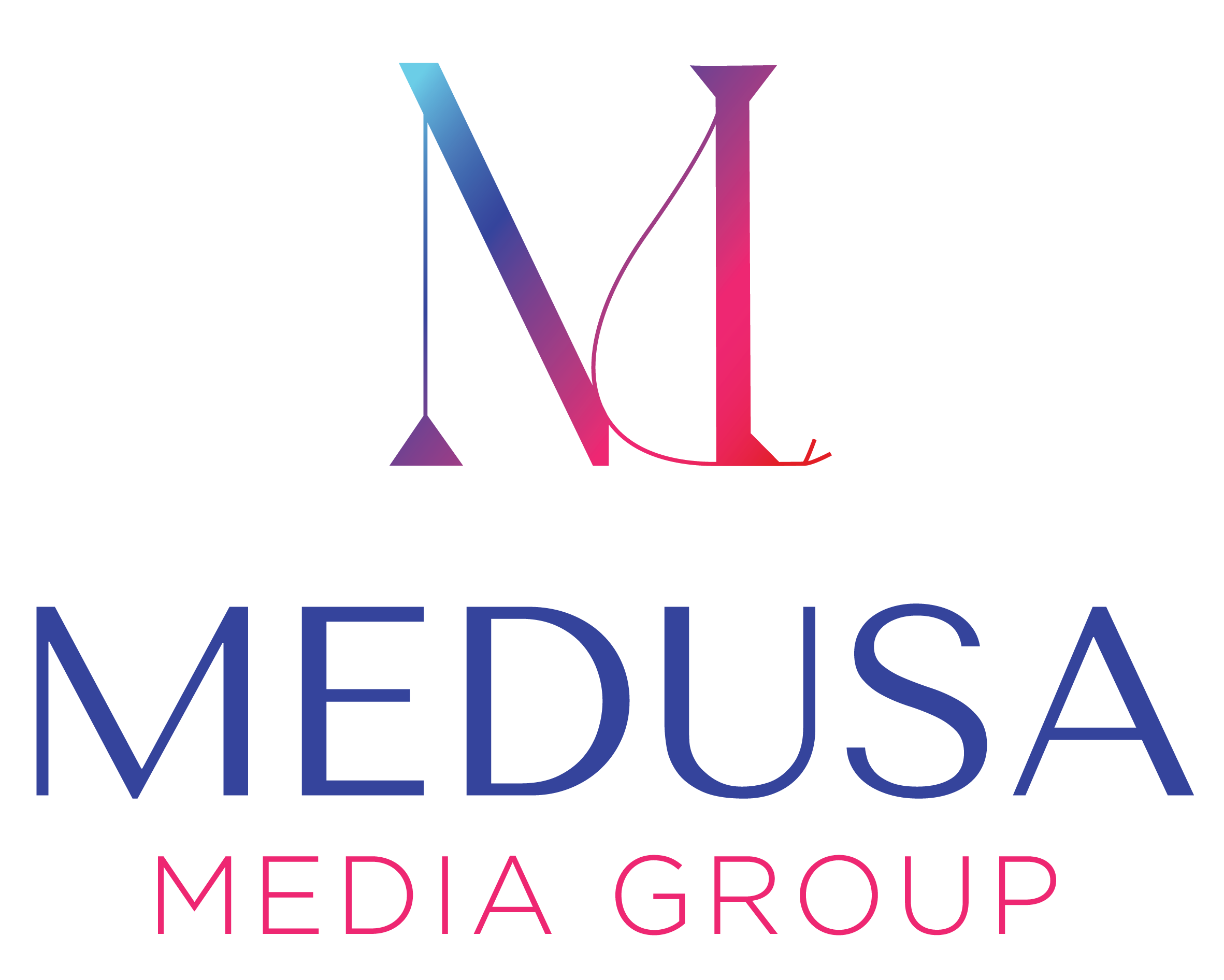
A lot of “thought leadership” content is being created, and most of it is bad.
You know this truth to be self-evident: how many times have you searched a topic, looking for new angles, insights, and ideas, only to find nearly-identical listicles titled, X Ways to Y so You Can Z? 🙄
By “bad” I don’t mean the content is lying, or all the ideas are worthless. I mean it’s unoriginal, repetitive, and boring. Many people write unoriginal content; but the risk of doing so seems especially high for women entrepreneurs. Why? Because we tend to hold back when it comes to our most galvanizing and magnetizing opinions, for some very over-come-able reasons. (Some of these reasons come from universal human behavior. Others start with “patri” and end with “archy.” More on that in an upcoming article).
And we must share our views and opinions to change the status quo.
Why Most “Thought Leadership” Content is Bad
The problem is, so much business and marketing advice tells you to “be a thought leader” without acknowledging what the actual f that business-y jargon-word means. They’ll suggest that you “start a blog/podcast” with little guidance for how to make that content original, thought-provoking, and valuable.
Let’s start with a basic definition, from Edelman and LinkedIn’s 2020 B2B Thought Leadership Impact Study: “Free deliverables organizations or individuals produce on a topic they know a lot about and feel others can benefit from having their perspective on. Thought Leadership in this context does not include content directly focused on describing an organization’s products or services.”
The emphasis is mine. Your perspective is what sets thought leadership content apart from the rest of the Internet. And the more you are direct and uncompromising with your perspective, the more your thought leadership will be valuable to others – and valuable to your business.
But sharing your candid perspective can feel paralyzing, overwhelming, or frightening. So, many entrepreneurs default to creating dull content. It repeats what’s been said, or it follows the uninspired advice to “answer your client’s questions” (note: this can be a great idea, but it’s not ALWAYS a great idea!). Worse yet, it espouses grossly oversimplified advice. (Witness all the pins a la “how to launch your signature course in 7 days” written in bridesmaid font on a pink overlay if you don’t know what I mean.)

And the risk isn’t only that you’ll disappoint your audience. Thought leadership has more sales influence and business impact than most content producers realize. Poor thought leadership can hurt your chances of finding new clients and inspiring them to want to work with you. Frankly, it’s not even thought leadership when it’s lousy, it’s just mediocre “content.”
In their Thought Leadership Impact Study, Edelman and LinkedIn find that:
- Only 15% of decision-makers (i.e., the people who will decide to hire you) are impressed with the quality of the thought leadership content they read
- Less than 30% say they gain valuable insights more than half the time they read “thought leadership”
- 38% say their respect for an organization decreases after reading its lousy content
- And, 27% of decision-makers say they chose NOT to work with an organization after reading their thought leadership
Now, that last point isn’t necessarily a bad thing. If your content is bold and galvanizing, it WILL turn off some people. That means you’re doing it right. But, poor-quality content leaves a bad taste in the mouth of your reader, making her less likely to buy your services. This affects your ability to build the women helping women economy and end sexism for everyone.
And, even if you didn’t know from personal experience, Edelman and LinkedIn’s study makes it brilliantly clear: 85% of decision-makers are unimpressed with the thought leadership they read. Over 70% are usually disappointed in its quality. There is too much garbage content!
The Glaring Opportunity for Women Entrepreneurs
Now listen: it’s not that bad thought leadership has such a negative impact on your marketing and sales that you’d better not bother. NO. Excellent thought leadership has immense potential. It can lead to increased business opportunities like request for proposal (RFP) invitations, purchases, upsells, and cross-sells.
So if the stats above made you nervous, let me say creating thought leadership content is worth the risk, because Edelman and LinkedIn discovered that:
- 61% of decision-makers who are willing to pay well for services say it’s because the provider’s thought leadership shows deep thinking and other important virtues
- 42% are willing to pay more to work with someone with excellent thought leadership compared to one without
- 59% agree thought leadership is a more trustworthy source for assessing an organization’s capabilities than its marketing and product materials
- Over 85% of decision makers say their trust, perception of capabilities, and respect increase after reading excellent thought leadership
Nearly half of decision-makers say that thought leadership influences their decision to buy. That’s huge! Yet most content they read is disappointing. What we have is an enormous opportunity in the thought leadership market to create insightful content that our readers value and remember. So how do we do that?
The Path to Magnetic Thought Leadership
The keys to creating high-quality, excellent thought leadership content that will inspire people to work with you are three-fold. It requires:
- A commitment to a thought leadership infrastructure. You have to show up week after week and month after month, even when you don’t get instant gratification (or fame or fortune) from it
- An investment of time and/or money to discover what you REALLY believe. You have bold opinions; lots of them. You have insights and brilliance that you are probably overlooking, ignoring, or downplaying (or some combination of the three). Take the time to discover what those are, either in “a room of your own” or with a thought leadership ideation partner
- A structure for promoting and amplifying your thought leadership, and for measuring its effectiveness
Numbers one and three above require you to make some decisions and build some systems. It’s #2 that will ask the most of you, and it’s #2 that will be the subject of my next article. Now that you know, beyond a shadow of doubt, how important and influential quality thought leadership is, the next step(s) are to begin creating it.
How has creating or consuming thought leadership influenced your business? Let me know in the comments!
Special thanks to Amy Wright for edits and to Joseph Kingsbury, David M. Bersoff, and Tonia Ries for the Edelman/LinkedIn study. Featured image via CreateHER Stock.
If you found value in this article, will you share it on social media? Use the swipe copy below:
LinkedIn:
Most “#ThoughtLeadership” content is bad: Edelman and LinkedIn find that only 15% of decision-makers are impressed with the quality of the thought leadership they read. There is a gaping void in the market. Ladies: let’s fill it with original, thought-provoking, and valuable perspectives: https://www.simplyputstrategies.com/blog/marketing/the-glaring-opportunity-for-excellent-thought-leadership-by-women-entrepreneurs by @Eva Jannotta #WomenWhoLead #WomenInBusiness #WomenEntrepreneurs #LeadingWomen #ThoughtLeaders
Twitter:
Most “#ThoughtLeadership” content is bad: only 15% of decision-makers are impressed with the quality of the thought leadership they read. This is a GLARING OPPORTUNITY for #WomenEntrepreneurs. Discover how and why: https://www.simplyputstrategies.com/blog/marketing/the-glaring-opportunity-for-excellent-thought-leadership-by-women-entrepreneurs by @evajannotta #WomenWhoLead #WomenInBusiness





